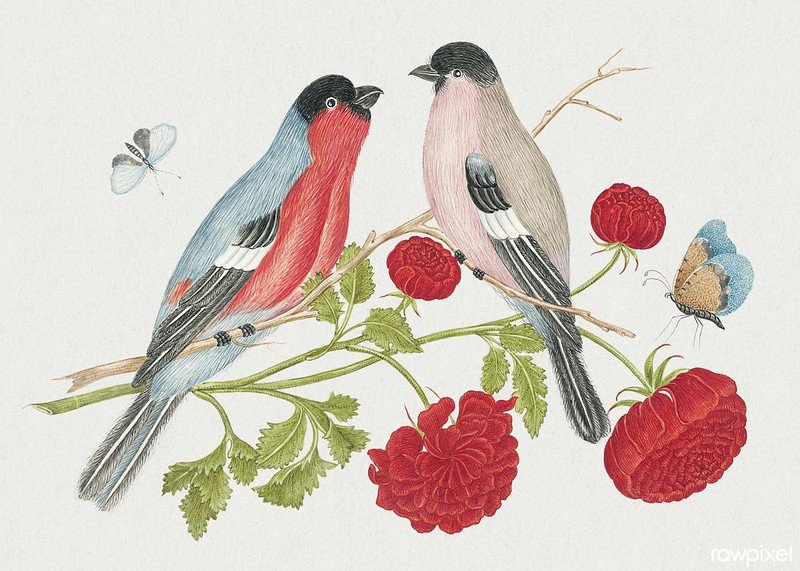
British Birdsong Essentials
Learn to identify 25+ British birds by their songs and calls.
A 10-week online course
~ Taking a break! Back in 2026 ~
By the end of this course you will have a grounding in how to identify more than 25 species of common British birds by sound.
The lessons and practice sessions span a 10-week period. We start with common resident species and add summer-visiting migrants as they arrive through the spring.
“Discovering an aural soundscape changed the way I move through different habitats. In woodland, I no longer look (and get frustrated). I listen.”
— Duncan Green, 2022 Birdsong Essentials participant
The course includes:
Step-by-step audio lessons on the different kinds of bird sound, ways to learn and techniques to identify 25+ common species by ear
Four live Zoom group practice / Q&A sessions
‘What’s this?’ audio identification support from course leader throughout the course
A dedicated WhatsApp group for group participants and the course leader (optional)
Ongoing access to Birdsong Academy audio guides to 60+ species after the course
The option to join an additional in-the-field ‘walkshop’ session in Sussex during the spring
Discounts on future Birdsong Academy in-person events
The Birdsong Essentials course is suitable for those with little or no previous knowledge of identifying birdsong. The course is led by Charlie Peverett.
Course structure
Week 1 - Orientation & first birds
In week 1, we explore the different types of bird sound, and how we can interpret them. We’ll go through how the learning process works, introduce the key ways of getting to know bird sounds, and meet the first key species that we can ‘tune our ears’ to: Blackbird, Song Thrush, Robin, Wren and Chaffinch.
Week 2 -3 - Know your neighbourhood pt 1
We will put names to more of the commonest sounds in our gardens, parks and streets, including the common crows, Blue & Great Tits, Greenfinch, Goldfinch and Dunnock. We’ll consider how these widespread resident birds use sound at different times of the year and in different contexts.
Week 4 - 5 - Know your neighbourhood pt 2
More building blocks. We’ll explore more familiar garden residents, including Woodpigeon, Collared Dove, Great Spotted Woodpecker and Starling, and two of our earliest summer arrivals - Chiffchaff & Blackcap.
Week 6 - 7 - Woodland birds
Into the trees. We will discover a wider selection of woodland birds, including residents such as Goldcrest, Green Woodpecker and Nuthatch and newly arriving Nightingales and Willow Warblers.
Week 8 - 9 - Farm and open country birds
Out among the hedgerows and field edges. We’ll pick out Yellowhammer, Skylark, Linnet, Swallow and Common Whitethroat.
Week 10 - Summer birds
We will finish with some sounds of high summer, including the Swifts over our heads, the Reed Warblers and Sedge Warblers of the waterside and the Nightjar on the heath.
“I would thoroughly recommend Birdsong Essentials. The sessions were informal and fun and Charlie has some great tips to help the songs ‘stick’ in your mind - who could forget a goldcrest riding along on a tiny, squeaky bicycle?”
— Lindsay Lycett, 2022 course participant
Session timings
The next run of British Birdsong Essentials starts in February 2026.
Lessons are released every two weeks.
Live practice / Q&A sessions will be held between 7.30pm and 8.30pm on three Thursday evenings via Zoom, with an early morning dawn chorus call in May.
An in-person practice session in Sussex - option to join an additional 3-hour session in April or May (additional fee, details to be confirmed)
Cost
The standard 2024 course fee was £170 for an individual, or £220 for two people living at the same address and sharing course materials. Prices for 2026 are to be confirmed.
For those who would find the fee a barrier, there are three low-cost places available in the next cohort. Please contact Charlie for further details.
Be the first to know when places can be booked
Sign up to the free Birdsong Academy newsletter
Any questions?
If you have questions about British Birdsong Essentials or other Birdsong Academy activities, please contact hello@birdsong.academy
Have you tried Shriek of the Week?
Birdsong in your inbox every Friday, from January to June - learn about a new bird each week



